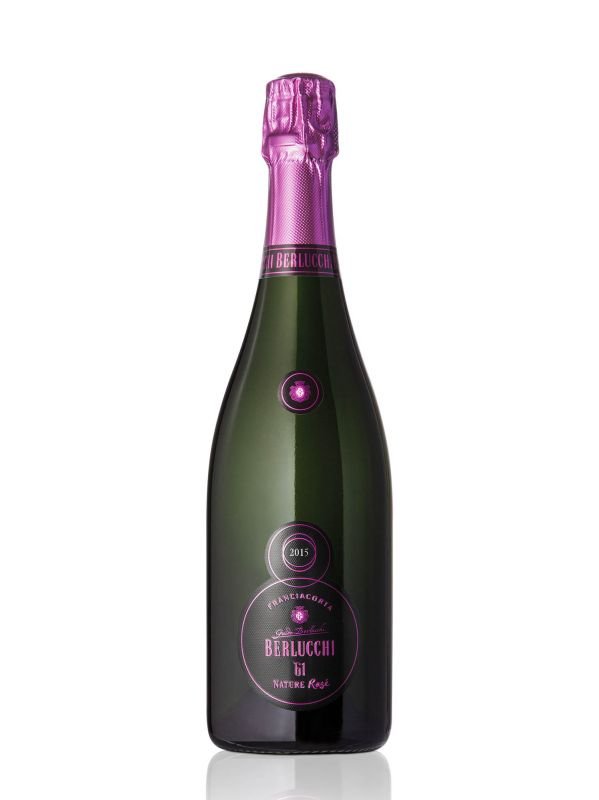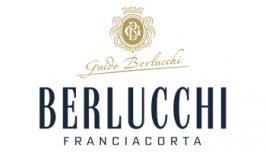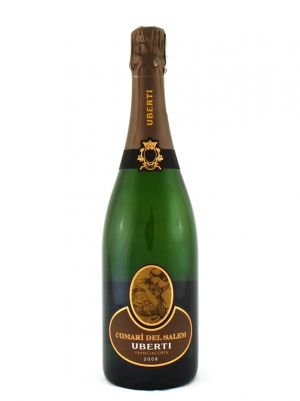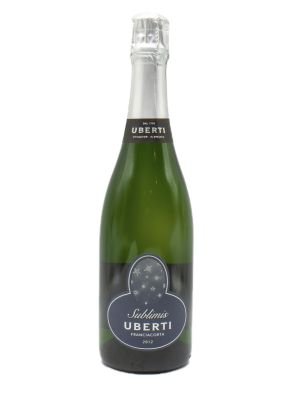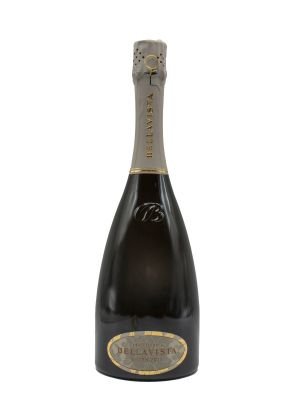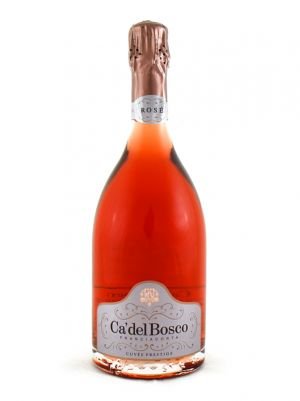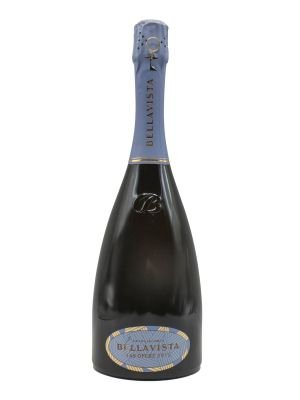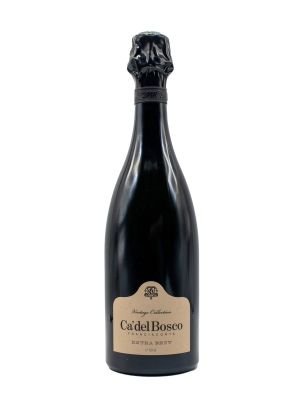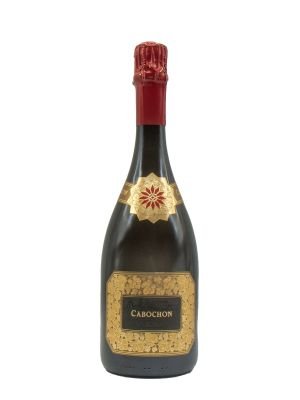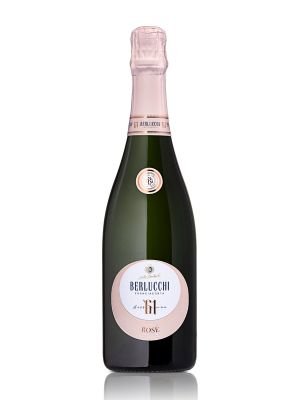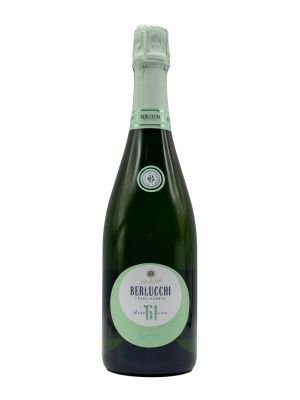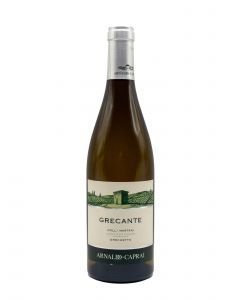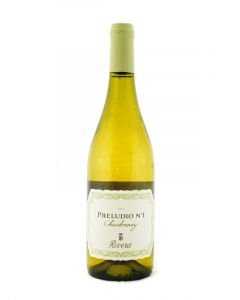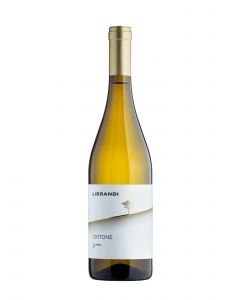Franciacorta Berlucchi 61 Nature Rose' 2016
Franciacorta Berlucchi '61 Nature Rosé is produced by preparing the cuvée in the spring following the harvest, using only 100% wines from that vintage. Secondary fermentation takes place in the bottle and the wine ages on the lees for at least five years, followed by another six months after disgorgement.
In summary
Awards & Recognition
 90/100
90/100
How to taste it

Visual tasting
Peach blossom pink with coral streaks, abundant and creamy foam, with good persistence of a delicate crown; fine and sinuous perlage.
Olfactory tasting
Notes of cranberry intertwine with delicate citrus notes. All this is combined with a complex minerality.
Taste tasting
On the palate, the wine is characterized by a great balance between the softness resulting from a long aging on the lees, the acidity and minerality of the Pinot Noir vinified as a white wine and the graceful tannic texture of the macerated Pinot Noir.
What to pair wine with Franciacorta Berlucchi 61 Nature Rose' 2016
The Franciacorta Berlucchi '61 Nature Rosé is a vintage wine that pairs well with any meal; it pairs beautifully with rich appetizers, fish-based main courses, white meats, and medium-aged cheeses.
Contains sulfites.
Franciacorta Berlucchi '61 Nature Rosé is produced exclusively with 100% Pinot Noir grapes from the estate's Ragnoli, Quindicipiò, and Gaspa vineyards; all planted with high vine density. Vinification involves a soft, gradual pressing of the bunches, with fractionation of the must for the Pinot Noir vinified as a white wine, followed by cold pre-maceration for approximately 24 hours, and subsequent soft pressing for the Pinot Noir vinified as a rosé. Alcoholic fermentation of the must takes place in steel vats and the wine ages on the lees for six months. A small portion of Pinot Noir is vinified as a red wine with fermentative maceration for approximately seven days. The cuvée is prepared in the spring following the harvest, using only 100% wines from that vintage. Secondary fermentation takes place in the bottle and the wine ages on the lees for at least five years, followed by another six months after disgorgement.


 Italiano
Italiano Deutsch
Deutsch
